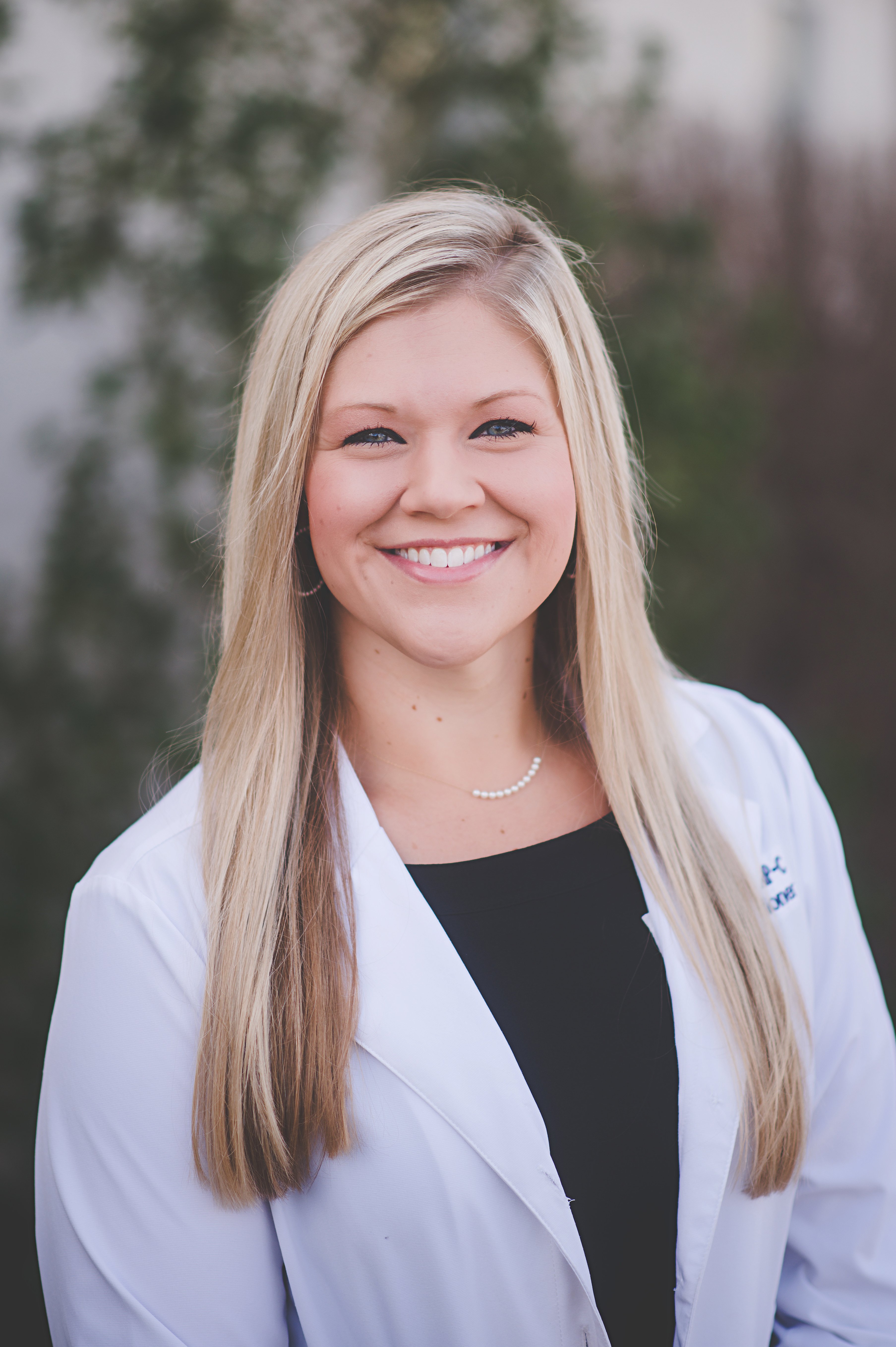

Sep 04 2024
Stack the Odds: Take Action to Lower Your Risk for Breast Cancer


Summary
While the exact cause of breast cancer is poorly understood, there are ways to modify and manage many risk factors associated with breast cancer.
Breast cancer is the most commonly diagnosed cancer in women. One in 8 women will receive a diagnosis at some time in their life.
What can you do to lower your risk of breast cancer? The exact cause of breast cancer is poorly understood, but there are ways to modify and manage many risk factors associated with breast cancer.
Reduce Your Risk
There is no known way to prevent breast cancer, but over the years, studies have provided guidelines for risk reduction. Listed below are recommendations for lowering your risk:
- Achieve and maintain a healthy weight. The risk of postmenopausal breast cancer is about 1.5 times higher in women who are overweight or obese than those who maintain a healthy weight, according to the American Cancer Society.
- Make physical activity a priority. Women who get regular physical exercise have a 10-20% lower risk of breast cancer compared to those who are inactive. Aim for 150 minutes of moderate physical exercise (walking, biking) or 75 minutes of vigorous aerobic activity per week.
- Limit alcoholic beverages including wine. The American Cancer Society reports that one drink a day increases the risk of breast cancer by 7-10%, and that risk increases for each drink (roughly 1 gram of alcohol) consumed daily. A woman who has two or three alcoholic drinks a day has a 20% higher risk than nondrinkers.
Avoid tobacco. Accumulating research indicates that smoking increases breast cancer risk. The risk increases significantly with heavy smoking at a young age. - Make healthy food choices. While there remains some debate regarding diet and its role in cancer risk, it is well known that diets high in processed foods and/or high in sugar are associated with overall increased inflammation and increased serum insulin, which is a pro-inflammatory hormone. It is established that prolonged inflammatory states can damage one's cells as well as weaken the immune system, both of which increase one's susceptibility to cancer, particularly breast and prostate cancer. Choosing whole foods, high in protein and low in sugar content, along with restricting highly processed foods and seed oils, may help to decrease breast cancer risk, primarily by lowering the overall inflammatory response but additionally, by decreasing serum insulin levels.
Manage Your Risk
- Understand your individual risks. The NMMC Breast Care Center team can review your risk factors and screening recommendations based on your lifetime risk.
- Hereditary breast cancer: The people at the highest risk of developing breast cancer are those who inherited mutated genes from one of their parents. Depending on your family history, genetic counseling may be suggested.
- Dense breasts: If your mammogram shows that your breast tissue is made up of more than 50% fibroglandular tissue, supplemental screening with automated breast ultrasound (ABUS) is recommended to improve the cancer detection rate.
- Protect your health with regular breast cancer screening. Early-stage breast cancer can be successfully treated. It is only late-stage breast cancer that has left the breast and traveled to distant organs in the body that becomes life-threatening.


Mylie Beane, FNP
Mylie Beane, DNP, FNP-C, is a nurse practitioner alongside Dr. Danny L. Sanders at North Mississippi Medical Center’s Breast and General Surgery clinic in Tupelo. Mylie earned her associate degree in nursing from Itawamba Community College and her bachelor’s degree at Mississippi University for Women in Columbus. She completed her master’s degree in nursing at the University of North Alabama in Florence and graduated from NMMC’s Advanced Practice Clinician Fellowship. She holds a doctorate in nursing practice from Samford University in Birmingham.
Schedule a mammogram online or call Centralized Scheduling at (662) 377-6655 or 1-866-912-1486.

Subscribe to Our Newsletter
Like this content and want to get more? Sign up for True North, the health and wellness newsletter from North Mississippi Health Services!

Subscribe to Our Newsletter
Like this content and want to get more? Sign up for True North, the health and wellness newsletter from North Mississippi Health Services!

Nurse Link®
Not sure if you need Urgent Care or the ER? Call 1-800-882-6274 anytime to speak directly to a registered nurse and get immediate answers. Using computerized medical protocols, nurses direct callers to the most appropriate treatment. Our nurses are available 24 hours per day, seven days per week.